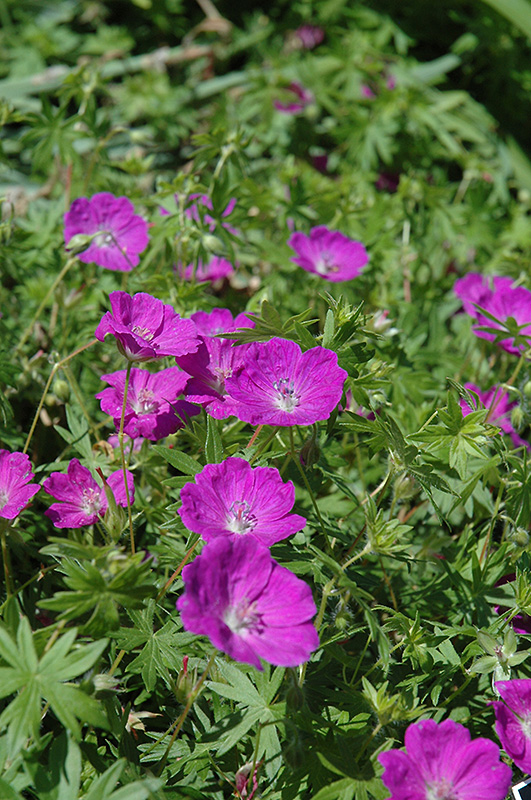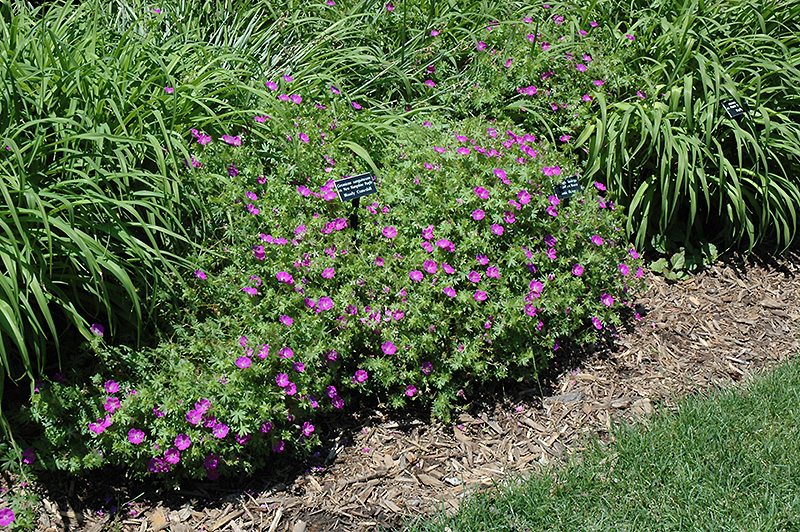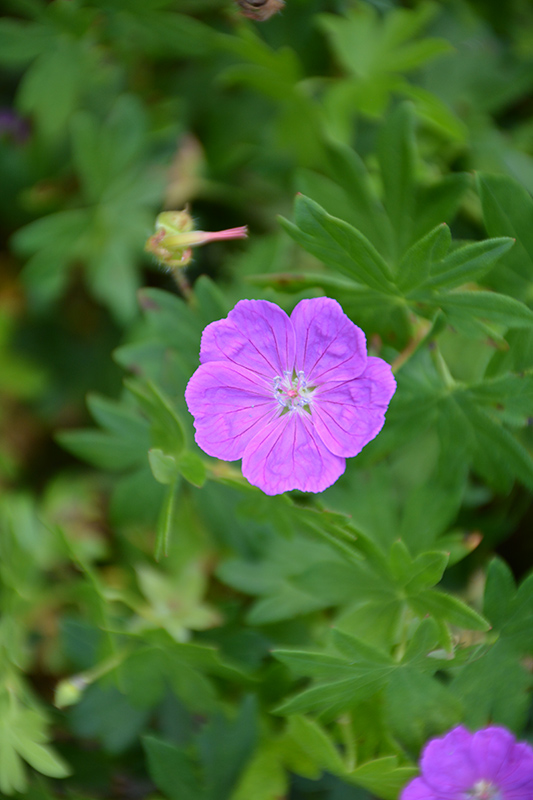New Hampshire Purple Cranesbill
Geranium sanguineum 'New Hampshire Purple'
Height: 18 inches
Spacing: 30 inches
Sunlight:
![]()
![]()
Hardiness Zone: 4
Other Names: Bloody Cranesbill
Description:
Perfect as a groundcover, this low mounded variety has small, deeply lobed leaves that turn crimson red in the fall; bathed in beautiful purple saucer-shaped blooms throughout summer; deadhead spent flowers for reblooming later in the season.
Ornamental Features
New Hampshire Purple Cranesbill has masses of beautiful violet flowers with white eyes at the ends of the stems from late spring to late summer, which are most effective when planted in groupings. Its small deeply cut lobed palmate leaves are green in color. As an added bonus, the foliage turns a gorgeous crimson in the fall.
Landscape Attributes
New Hampshire Purple Cranesbill is a dense herbaceous perennial with a mounded form. It brings an extremely fine and delicate texture to the garden composition and should be used to full effect.
This is a relatively low maintenance plant, and should only be pruned after flowering to avoid removing any of the current season's flowers. Deer don't particularly care for this plant and will usually leave it alone in favor of tastier treats. It has no significant negative characteristics.
New Hampshire Purple Cranesbill is recommended for the following landscape applications;
- Mass Planting
- Rock/Alpine Gardens
- General Garden Use
- Groundcover
- Container Planting
Planting & Growing
New Hampshire Purple Cranesbill will grow to be about 18 inches tall at maturity, with a spread of 3 feet. When grown in masses or used as a bedding plant, individual plants should be spaced approximately 30 inches apart. Its foliage tends to remain dense right to the ground, not requiring facer plants in front. It grows at a medium rate, and under ideal conditions can be expected to live for approximately 10 years. As an herbaceous perennial, this plant will usually die back to the crown each winter, and will regrow from the base each spring. Be careful not to disturb the crown in late winter when it may not be readily seen!
This plant does best in full sun to partial shade. It is very adaptable to both dry and moist locations, and should do just fine under typical garden conditions. It may require supplemental watering during periods of drought or extended heat. It is not particular as to soil type or pH. It is somewhat tolerant of urban pollution. Consider applying a thick mulch around the root zone in both summer and winter to conserve soil moisture and protect it in exposed locations or colder microclimates. This is a selected variety of a species not originally from North America. It can be propagated by division; however, as a cultivated variety, be aware that it may be subject to certain restrictions or prohibitions on propagation.
New Hampshire Purple Cranesbill is a fine choice for the garden, but it is also a good selection for planting in outdoor pots and containers. It is often used as a 'filler' in the 'spiller-thriller-filler' container combination, providing a mass of flowers against which the thriller plants stand out. Note that when growing plants in outdoor containers and baskets, they may require more frequent waterings than they would in the yard or garden.



